Collection |
Collections
Filters
-
Collection Type
-
-
Collection |
 Progress towards the Sustainable Development Goals
Progress towards the Sustainable Development Goals
The year 2023 marks the mid-point of the 15-year period envisaged to achieve the Sustainable Development Goals, targets for global development adopted in September 2015 by all United Nations Member States.
Image: © Springer NatureOpen for submissions -
Collection |
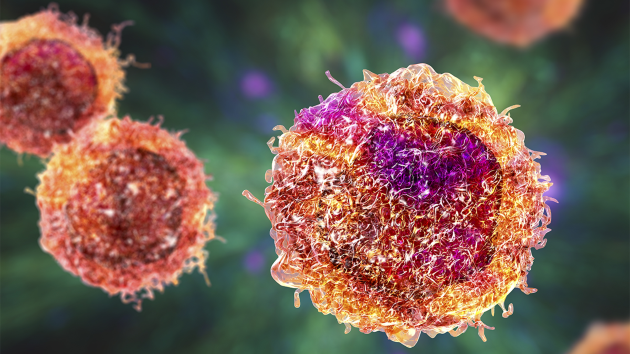 Cancer research
Cancer research
Cancer is a leading cause of death, accounting for nearly one in six deaths worldwide. Many cancers can be cured, especially if detected early and treated effectively.
Image: Kateryna Lon/ Science Photo Library/ Getty Images -
Collection |
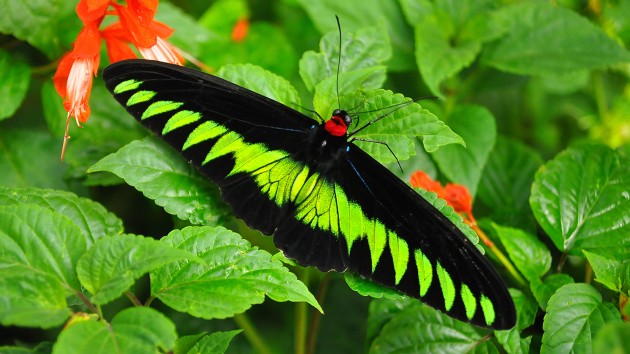 Celebrating Alfred Russel Wallace
Celebrating Alfred Russel Wallace
In commemoration of the 200th anniversary of Alfred Russel Wallace’s birth, we bring together this Collection of articles across the Nature Portfolio showcasing the enduring legacy of Wallace’s discoveries on the theory of evolution and the geographical distribution of species.
Image: Mohd Firdaus -
Focus |
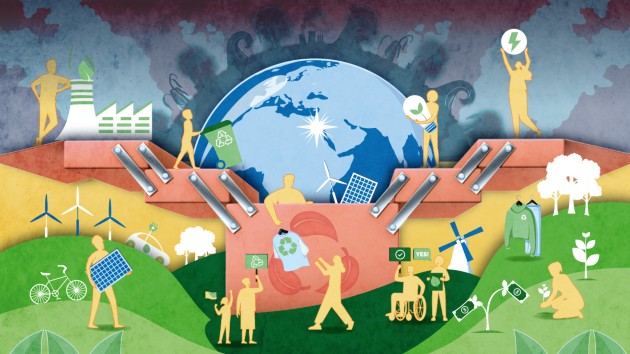 Climate change and human behaviour
Climate change and human behaviour
Anthropogenic climate change is a scientific fact. Without immediate action, we are unlikely to meet the target goal of minimizing global warming to 1.5° C. This collection highlights the importance of human behaviour in climate action, mitigation and adaptation.
Image: elenabs/iStock/Getty Images Plus/Getty; Irina_Strelnikova/iStock/Getty Images Plus/Getty; Mykyta Dolmatov/iStock/Getty Images Plus/Getty; Rudzhan Nagiev/iStock/Getty Images Plus/Getty; artpartner-images/The Image Bank/Getty. Banner design: Valentina Monaco and Bethany Vukomanovic. -
Collection |
 Plastics in the environment
Plastics in the environment
Plastic is ubiquitous in our lives and the environment.
Image: Lasha Tsertsvadze / EyeEm/ Getty Images -
Collection |
 Nobel Prize in Physiology or Medicine 2022
Nobel Prize in Physiology or Medicine 2022
The 2022 Nobel Prize in Physiology or Medicine was awarded to Svante Pääbo "for his discoveries concerning the genomes of extinct hominins and human evolution".
Image: Springer Nature/The Nobel Foundation/Imagesource -
Collection |
 Celebrating Mendel
Celebrating Mendel
Gregor Johann Mendel, considered by many the ‘father of modern genetics’, was born 200 years ago, on 20 July 1822.
Image: P. Morgan, Springer Nature -
Collection |
 Permafrost in a warming world
Permafrost in a warming world
Permafrost regions are vast and thawing.
Image: Claudia Weinmann / Alamy Stock Photo -
Collection |
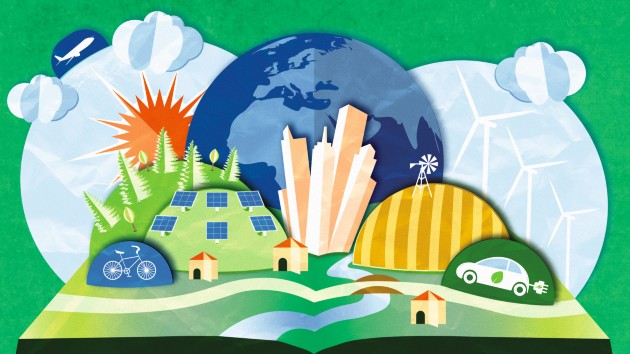 Research in support of COP26
Research in support of COP26
This November, world leaders will meet in Glasgow, UK for the 26th Conference of the Parties (COP26) to discuss action on the Paris Agreement and the UN Framework Convention on Climate Change.
Image: Valentina Monaco/Springer Nature Limited -
Focus |
 Global biodiversity policy post-2020
Global biodiversity policy post-2020
Biodiversity is being lost globally, at devastating rates. The 15th Conference of the Parties to the Convention of Biological Diversity will finalise a global biodiversity conservation framework for 2020-2050.
Image: Jamie Lamb/elusive-images.co.uk/Getty Images -
Special |
 The ocean in humanity’s future
The ocean in humanity’s future
The oceans have trapped one-third of the carbon dioxide emitted by human activities since the 1980s. They are home to 50-80% of life on Earth, feed over three billion people and support the livelihoods of hundreds of millions of people.
Image: Chaideer Mahyuddin/AFP/Getty

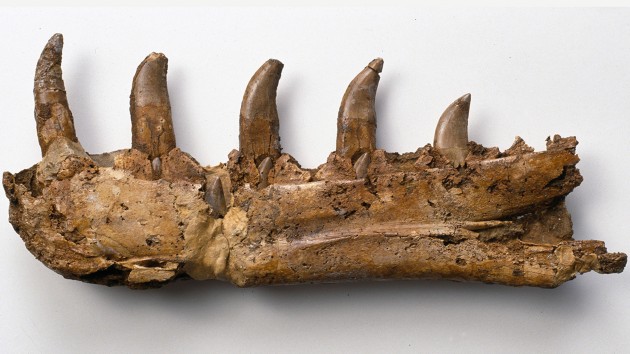 Dinosaur 200th Anniversary Collection
Dinosaur 200th Anniversary Collection